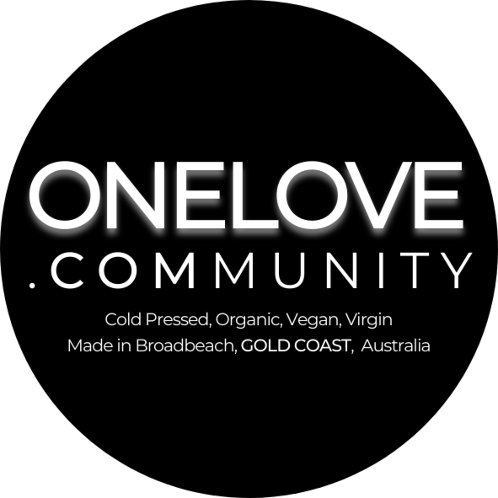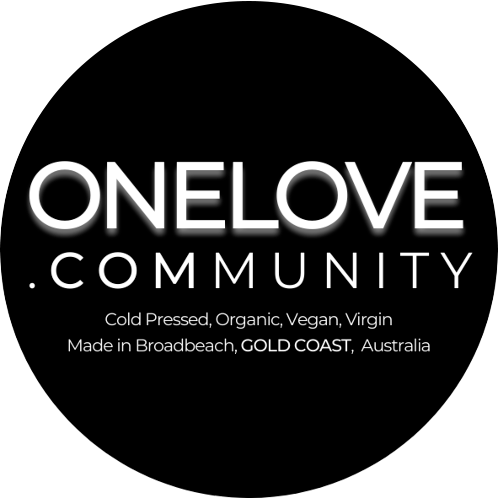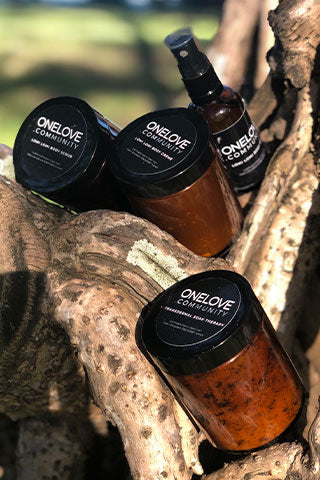
What Is Self-Care

Neurodiverse Self-Care: Autistic Longevity and Well-being
The World Health Organisation defines self-care as:
…the ability of individuals, families and communities to promote their own health, prevent disease, maintain health, and cope with illness and disability with or without the support of a health worker.
It recognises individuals as active agents in managing their health care in areas including health promotion; disease prevention and control, self-medication, providing care to dependent persons, and rehabilitation, including palliative care.It does not replace the healthcare system but instead provides additional choices and options for healthcare.
Concluding digestion, you will
- Understand what Neurodiverse, specifically, autistic Self-Care is;
- Be able to identify general and specific barriers for an autistic person to engage in self-care and
- Be able to speculate on developing a strategy and framework to support an autistic person and or yourself with starting and evolving within their and your self-care plan.
When applied to autism, self-care becomes more nuanced as there can be several barriers to autistic people having agency and executive function for self-care.
Neurodiverse self-care accommodates, acknowledges and celebrates the unique and vibrant needs of an autistic person.
It includes identifying the cognitive, sensory and social needs and accepting someone’s dynamic and evolving story.
Developing strategies that enhance well-being and contribute to longevity requires curiosity, understanding the manifestation of an individual, and multidimensional autistic skills and traits.
Autism is not linear or monolithic.
Self-care categories are emotional, environmental, mental, physical, recreational, and social.
Self-care is more than going for sporadic or random spa treatments.
For self-care to exist it is compulsory the following ingredients exist:
-
Disciplined;
Consistent periodicity as it is a self-investment.
Without you, none of the other things you may be concerned with can enjoy your optimal performance. -
Specifically impactful to your holistic ecosystem;
When what you are engaged in is bigger than yourself and you are connected to the way you are being as essential to the whole (aloha), this ingredient stimulates longevity for the individual and community. -
Measurable; and
Measuring impact and or results has a dopaminergic result and increased proliferation of supportive hormones, such as acetylcholine, which impacts memory.
Self-care being measurable also means building more neural pathways for consistency of behaviours that promote longevity. -
Purposeful:
According to Lessons From Blue Zones, this attribute of self-care has the greatest impact on longevity.
You know you are engaged in self-care when you can measure your evolution and expansive freedom over time.
Applying this framework to neurodiversity can require concurrent trials of evidenced-based application, anecdotal speculation and creativity.
This is largely due to the necessity of creating a safe neurodiverse ecosystem within a larger neurotypical ecosystem that is not inclusive or welcoming.
Neurodiverse self-care is essential in the promotion of emotional, mental and physical well-being of autistic people.
There isn’t an out-of-the-box solution for self-care.
Making longevity and deep, purposeful connections available for an autistic person means establishing and expanding deep rapport.
Why is Self-Care Essential for Autistic People?
Self-care is essential for autistic individuals due to the unique challenges they may encounter in daily life.
Autistic individuals often experience higher levels of stress, anxiety, and sensory overload.
Some people on the spectrum can experience 40 per cent more sensory sensitivities than neurotypical individuals.
Engaging in self-care practices can support the appeasement of some of these challenges and promote overall well-being.
Stress and Anxiety Mitigation:
Agency and Autonomy:
Uncover Your Neurodiverse Self-Care Framework:
Creating a framework for neurodiverse self-care requires a personalised and holistic approach. Recognising autism as a multidimensional spectrum characterised by diverse strengths and challenges, a one-size-fits-all approach is inappropriate.
Instead, a framework should be flexible, individualised, and considerate of the unique needs and preferences of each autistic individual.
Collaborative Approach:
Developing a neurodiverse self-care framework can or should involve collaboration between autistic individuals, caregivers, and healthcare professionals.
A multidisciplinary team (MDT) could be the front line in seeding a self-care plan with the individual.
For those in Australia, MyMedicare is a step toward making MDTs available for those most in need.
This ensures that the framework is informed by the lived experiences and perspectives of those on the spectrum.
Holistic Considerations:
Longevity and Purposeful Connections:
Conclusion:
Neurodiverse self-care is a crucial, essential and necessary aspect of supporting the well-being of autistic individuals.
Recognising and accommodating the unique needs associated with autism fosters a positive and inclusive approach to self-care.
Developing a personalised framework that considers the individual's strengths, challenges, and preferences promotes longevity and deep, purposeful connections, contributing to a fulfilling and meaningful life for all autistic flavours.







